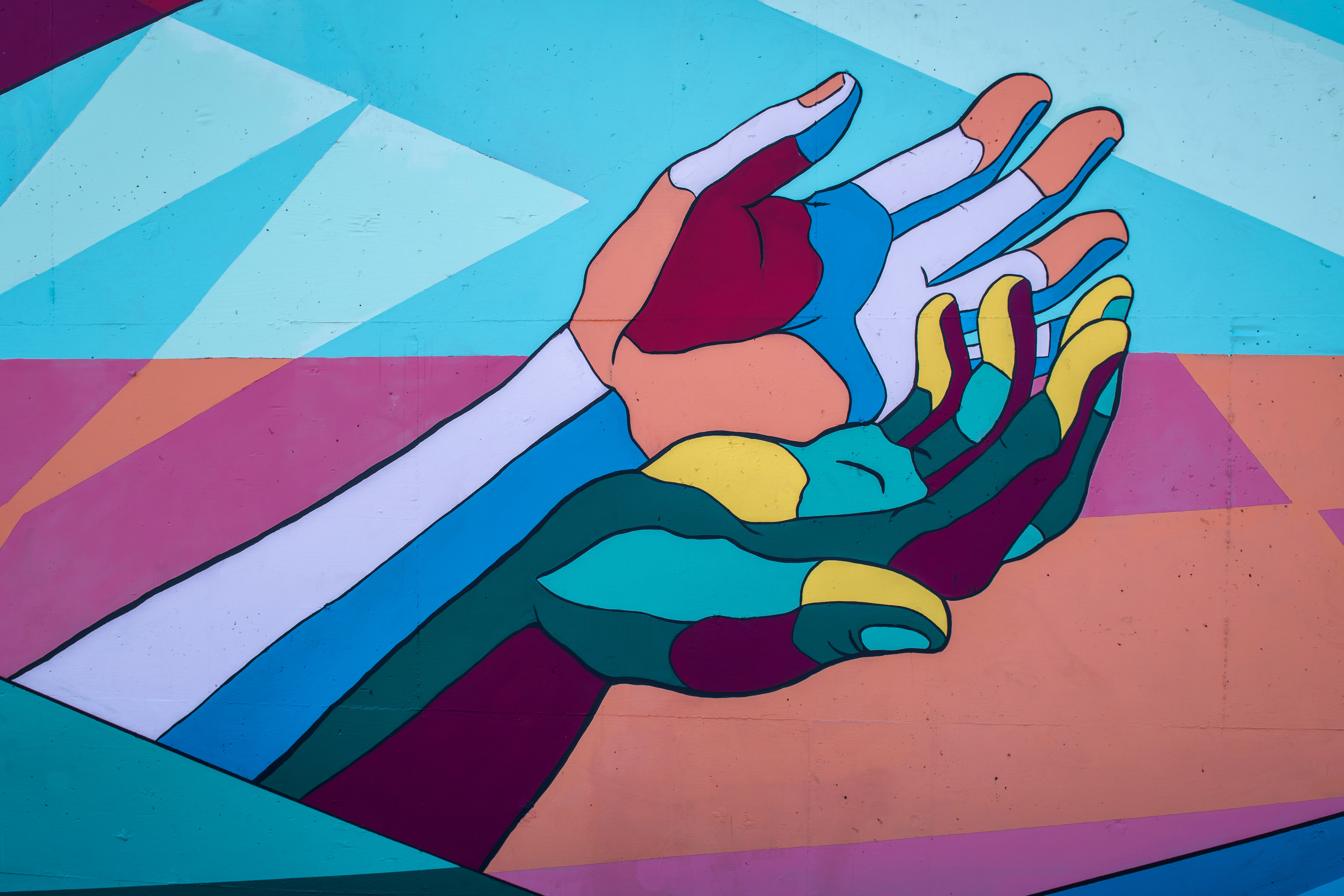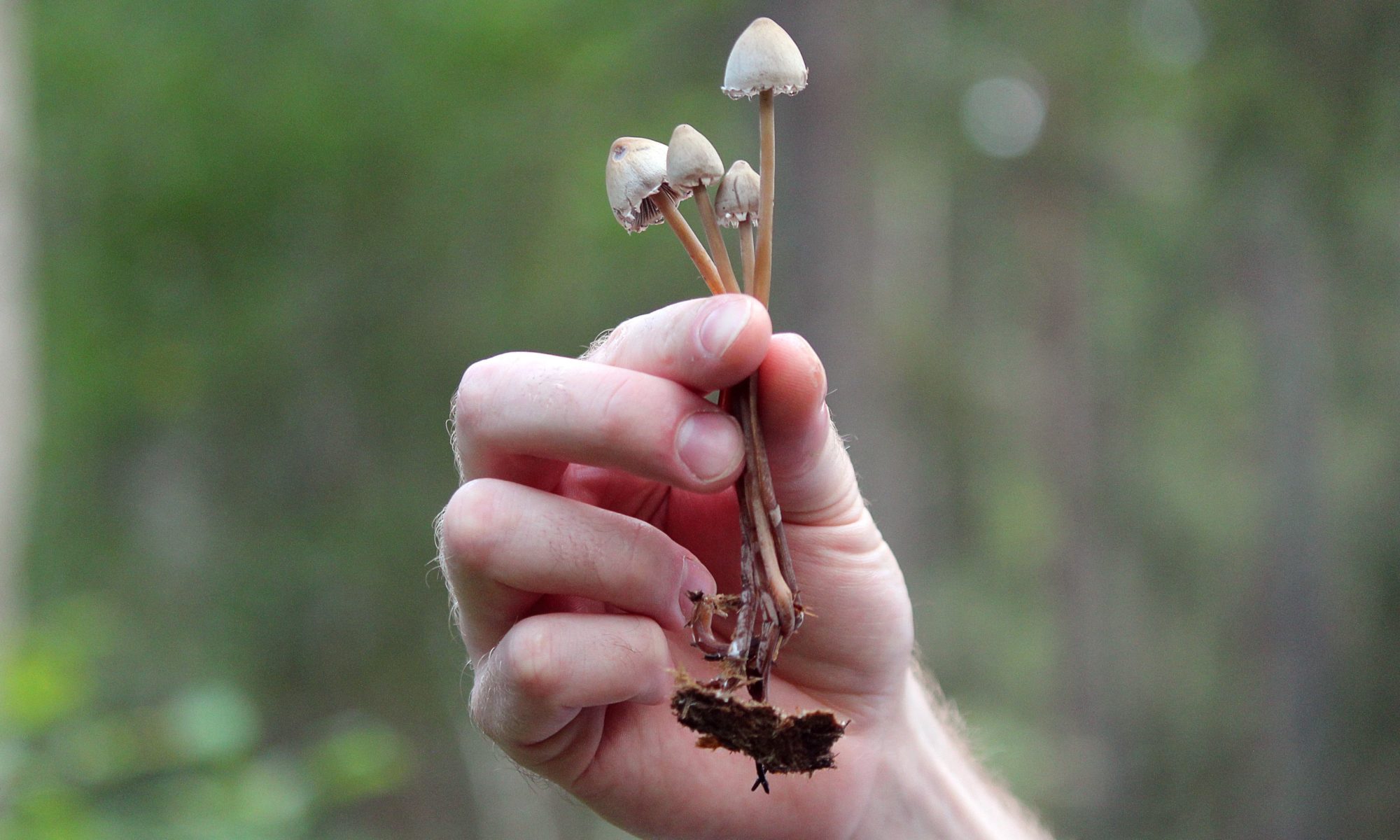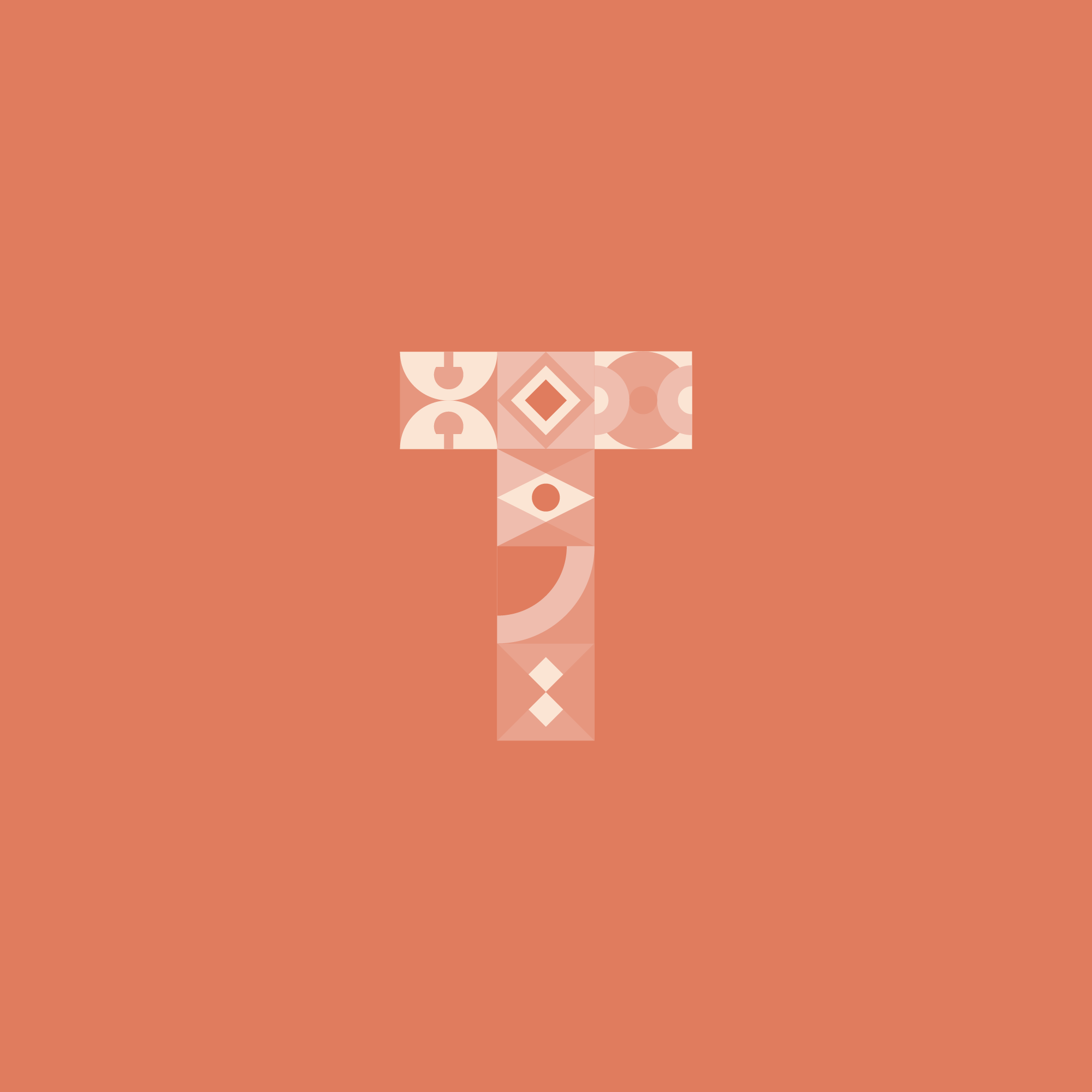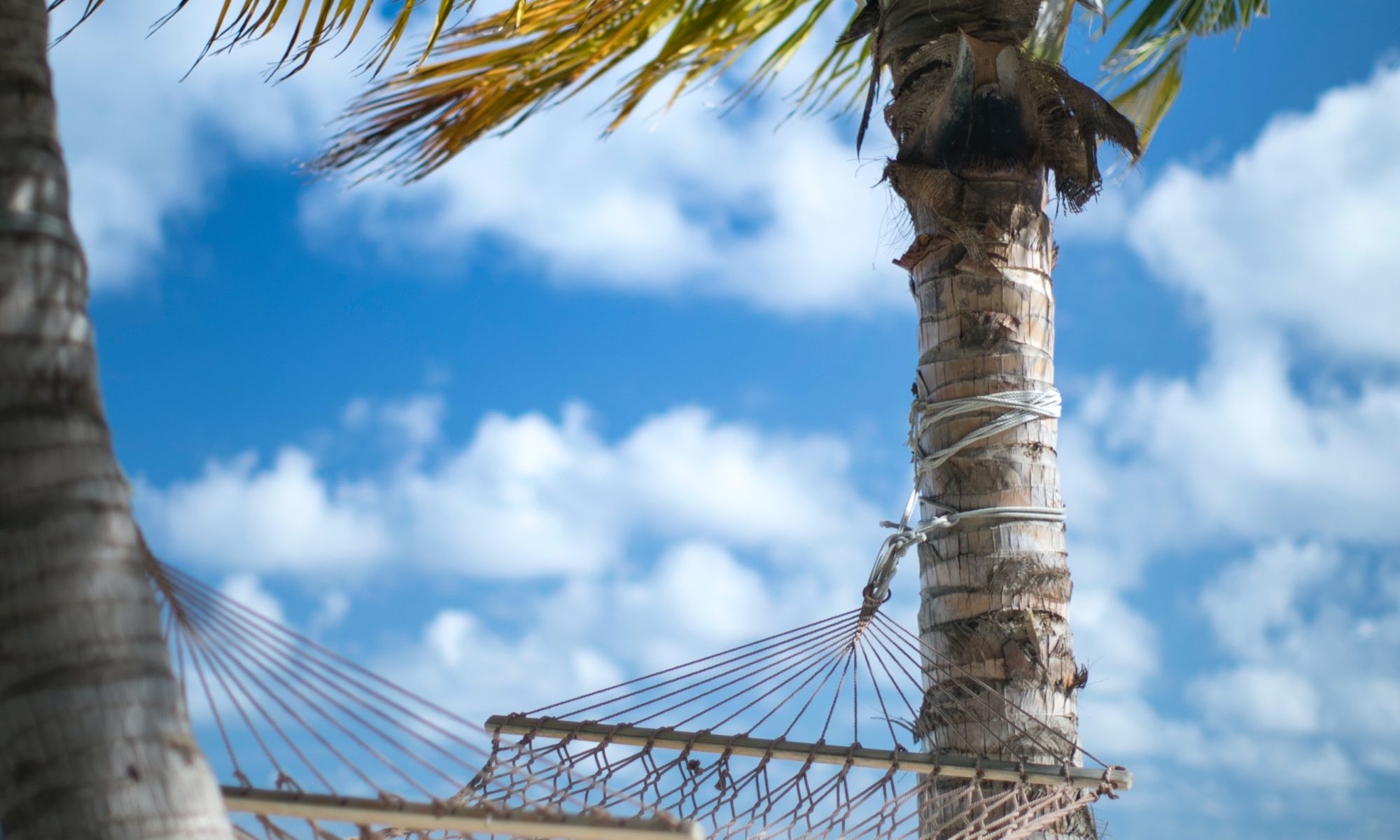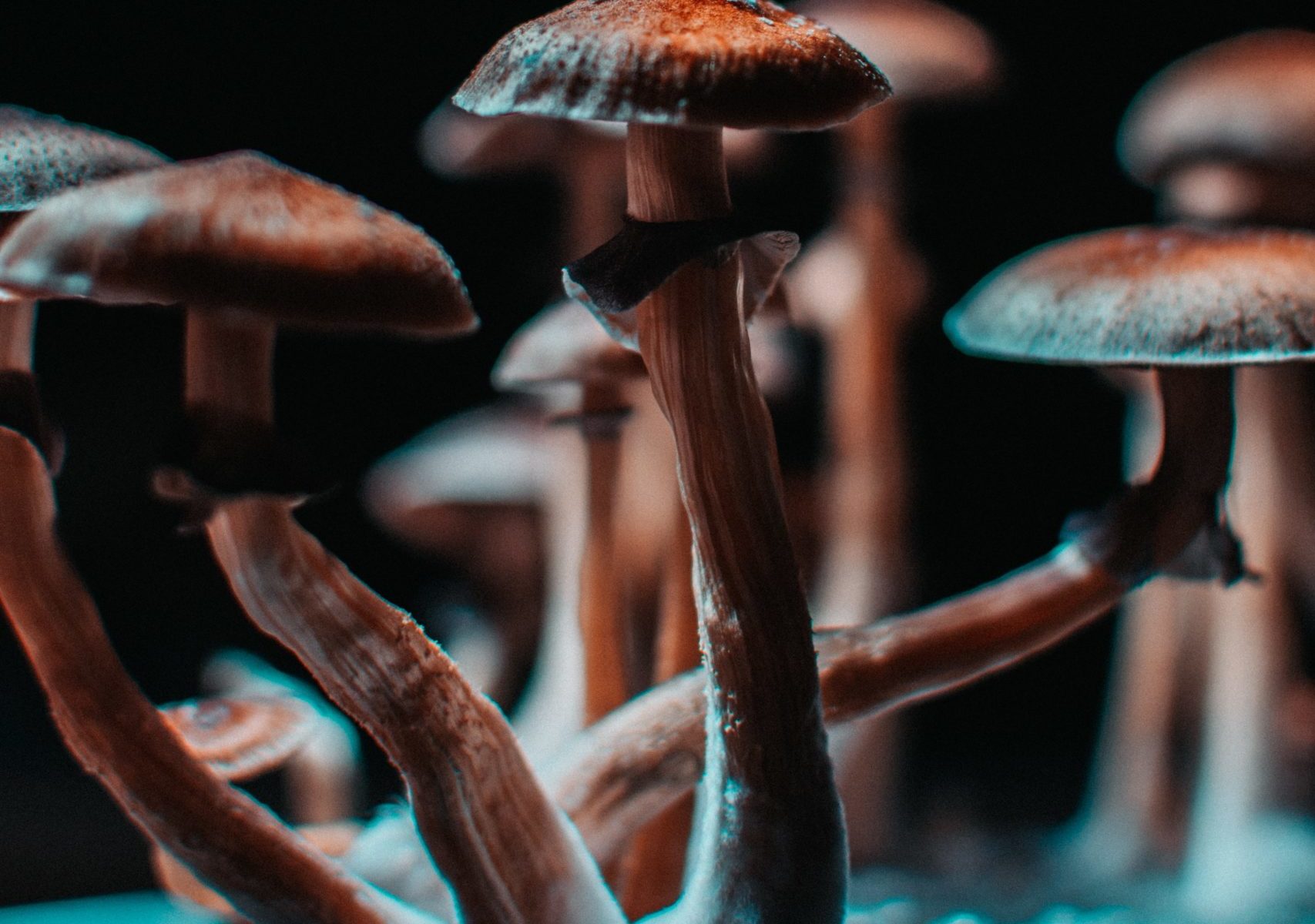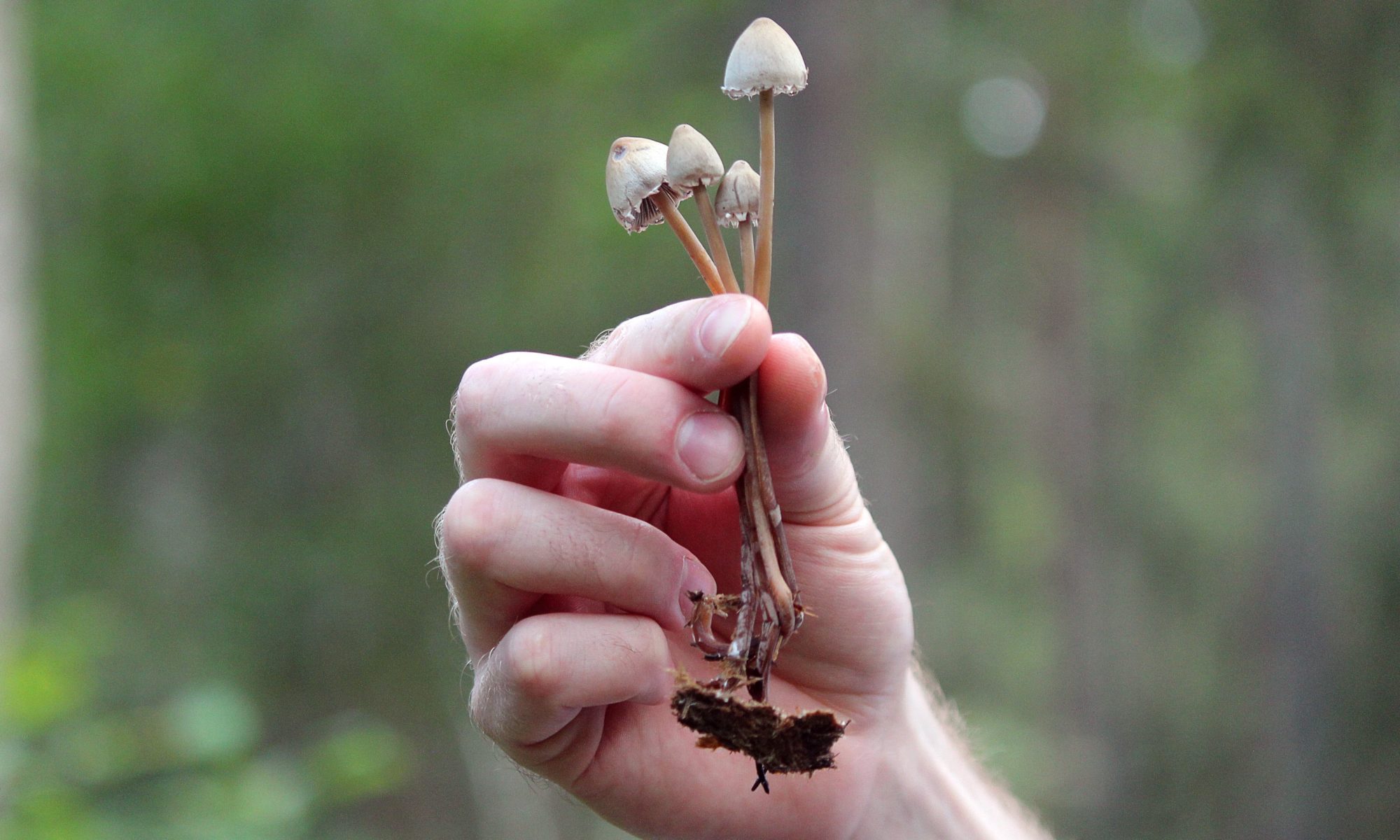Open-label study of COMP360 psilocybin therapy for depression in cancer patients demonstrates feasibility of simultaneous psilocybin administration in small groups
On Tuesday, Compass Pathways (CMPS) received a US patent for COMP360, its proprietary formulation of crystalline psilocybin. On Wednesday, the company announced positive findings from an open-label study using the formulation to treat depression in cancer patients.
Thirty patients were administered COMP360 in group therapy sessions of two to four people. Twenty four people experienced at least a 50% reduction in depression symptoms within three weeks of treatment, which was sustained at week eight, and fifteen people were in total remission from depression. The average depression score dropped from 25.9 to just 6.8.
The company notes that the study was not blinded or placebo-controlled, so the findings are subject to expectancy bias, but the results show promise that both COMP360 and group therapy models are effective.

